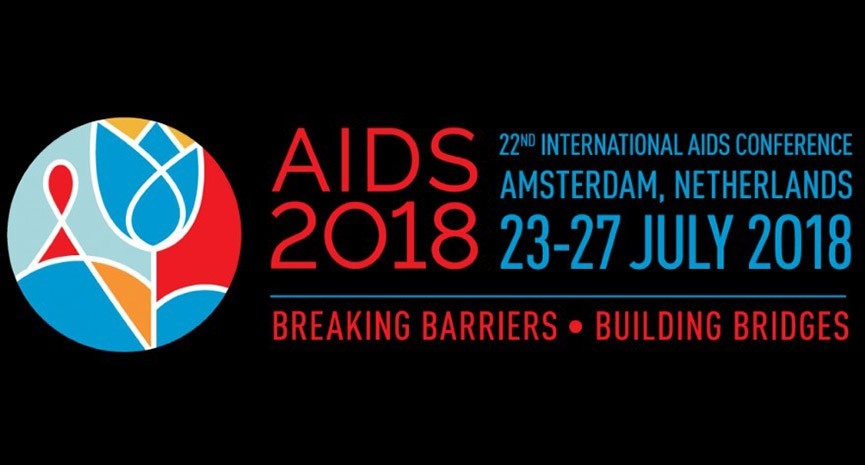Imperial Logistics to overcome supply chain challenges to fight against AIDS
Imperial Logistics will showcase the critical role being played by logistics in the war against AIDS
July 27, 2018: Imperial Logistics will showcase the critical role being played by logistics and supply chain management in winning the war against AIDS, at the 22nd International AIDS Conference, which is taking place in Amsterdam, the Netherlands, from July 23 -27.
“As Africa’s leading healthcare supply chain partner, we are proud to be involved in this important event,” commented Imperial Logistics’ healthcare strategy executive Dr Iain Barton.
The International AIDS Conference is the largest conference on any global health issue in the world. It was first convened during the peak of the AIDS epidemic in 1985 and provides a vital platform for role players to come together and strengthen the policies and programmes that ensure an evidence-based response to the AIDS pandemic.
“The Joint United Nations Programme on HIV and AIDS (UNAIDS ) has stated that it will be impossible to close the book on AIDS without bringing HIV treatment to all who need it. Achieving this goal hinges on efficient healthcare supply chains and logistics partners that can ensure product security, as well as quality assured processes, controls and, thereby, uncompromised treatments and tests,” Barton asserts.
Imperial Logistics’ commitment to supplying sustainable, affordable and quality medicines to the people of Africa is reflected in the 43 million patient packs a month delivered by the supply chain and logistics leader, this includes more than 6 million ARVs. The organisation’s healthcare supply chain solutions and innovations include ‘Clinic-in-a-Box’ and the Unjani Clinics initiative. “Our pre-fabricated Clinic-in-a-Box systems are a critical part of the healthcare supply chain in Africa, ensuring last mile access to medicines and healthcare services for patients who do not have the means to travel for these services,” Barton explains.
The Unjani Clinic concept was the brainchild of Imperial Logistics and is poised to play an increasingly impactful role in fighting HIV/AIDS in South Africa. Just over five years since the launch of the project in South Africa, this ground-breaking network of nurse-owned and operated community clinics has achieved the milestone of treating its 5,00,000th patient. “Up to now, Unjani Clinics’ main contribution to the fight against HIV/AIDS has been providing screening and education, but the organisation hopes to extend this to the provision of free ARV treatment to state patients,” Barton revealed. “There are now 50 Unjani Clinics located in five of South Africa’s nine provinces. They have the potential to make a powerful impact on the HIV/AIDS crisis, and to this end, the Unjani Clinics Non-Profit Company is lobbying government to be able to distribute ARVs through the clinics to patients in underserved communities.”
As a leading force in African healthcare supply chain management, as well as pharmaceutical wholesale and distribution, Imperial Logistics is committed to combating the public health threats that stem from fake and substandard medicines. It is estimated that up to 60 percent of medicine in Africa could be counterfeit. “Imperial Logistics uses authentication technology and serialisation to ensure that what we deliver is authentic medicine,” Barton stated. He noted that Imperial Logistics has built the world’s only blockchain-enabled pharmaceutical ‘control tower’, to offer unmatched visibility across pharmaceutical supply chains and fight the life-threatening issue of counterfeit medicines.
Imperial Logistics’ involvement this year includes a panel discussion chaired by Dr Iain Barton. It will see global thought leaders examining how to bring patient-level transparency to ARV deliveries in Sub-Saharan Africa.
Imperial Logistics is also hosting a photographic exhibition at renowned Amsterdam gallery, De Balie. “This exhibition captures the unique supply chain challenges of the African continent. We are proud to share a visual journey that captures the unique supply chain challenges of the African continent. It will give key stakeholders at the International AIDS Conference a powerful view of how we have responded to the challenge of delivering First World solutions in the Third World,” Barton concluded.




